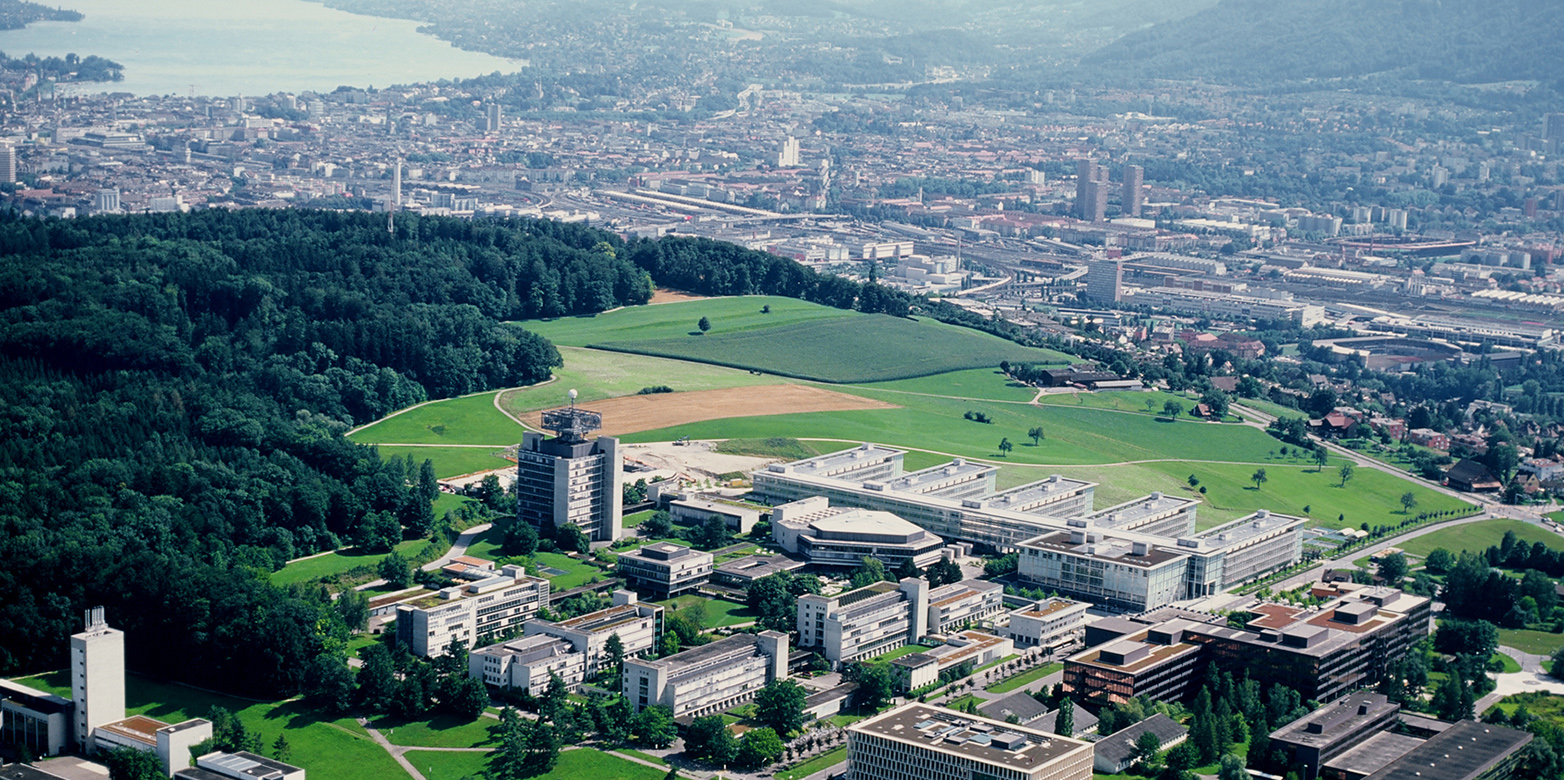Sustainable Development

Evaluation and action research project in the city of Zurich
The goal of this project is to apply the concept of "sustainability" to urban planning and development tasks in the city of Zürich. The project is aimed at:
- exploring, in what ways objectives of ecological sustainability (environmental protection and resource preservation) can be linked with addressing psychological, social, economic and cultural problems in the context of urban development and planning tasks;
- gaining knowledge about the preconditions, context and collaboration processes that characterize successful partnerships between different actors in the public, semi-public and private sector using an interdisciplinary, multi-problem-oriented approach to sustainable urban development;
- linking behavioral change and urban planning theory with everyday planning practice and deriving practical action guidelines; and
- contributing to city marketing efforts and supporting the initiation and diffusion of further innovative projects in this realm.
The project entails four phases which address the following research questions:
Phase 1
How can the concept of sustainability be applied to questions of urban planning and development within a broader theoretical framework (conceptual framework);
Phase 2
What are "successful" examples of sustainable urban development projects in the city of Zurich? (success inventory; documentation of a range of 10-15 projects in the areas of finance, business, education, employment, social services, culture, public health and safety, housing, traffic and ecology);
Phase 3
Why did these projects succeed? (success analysis; in-depth evaluation of 5-7 projects);
Phase 4
How can the framework of sustainability and the conditions for success be applied to a currently ongoing urban development project? (success transfer; action research phase).
1996 to 1998
Lead